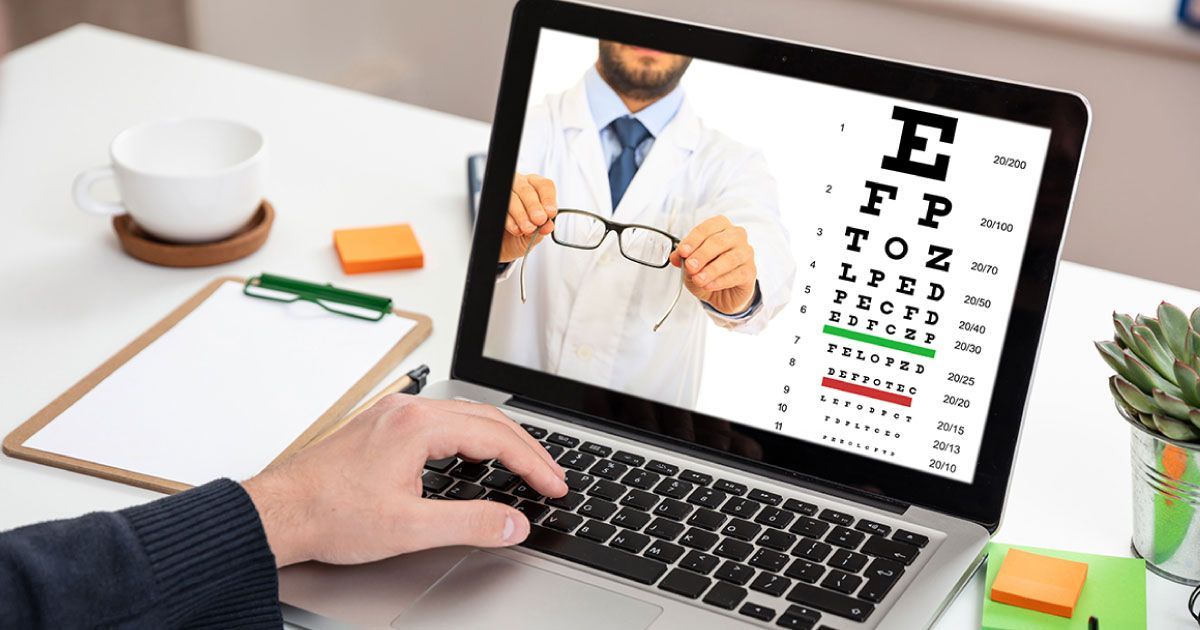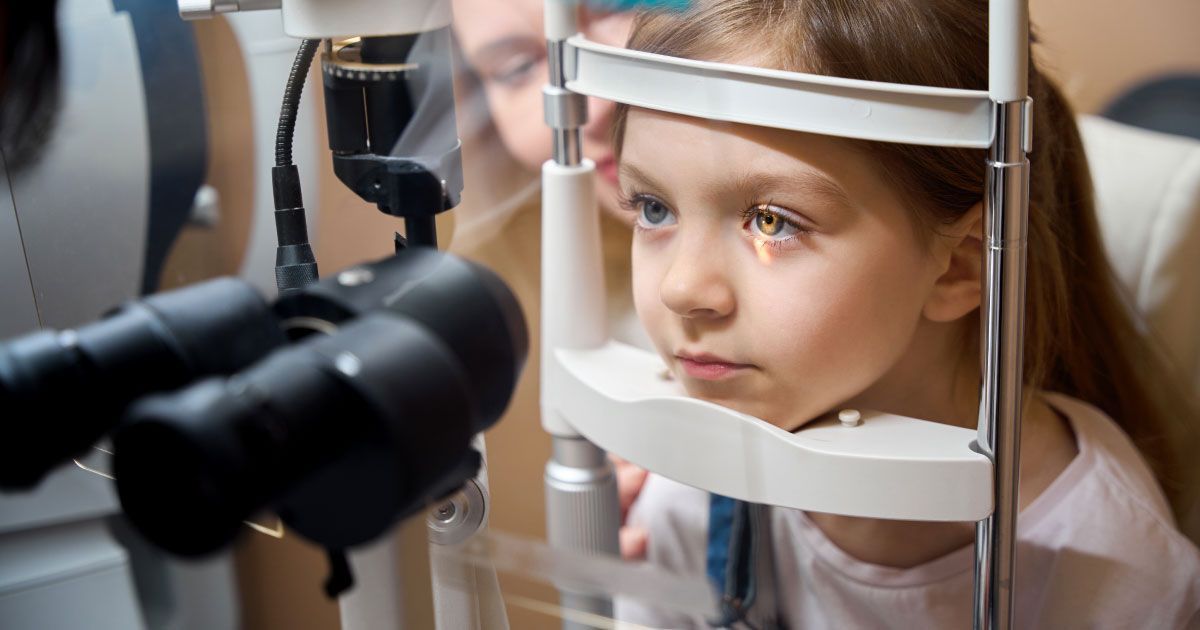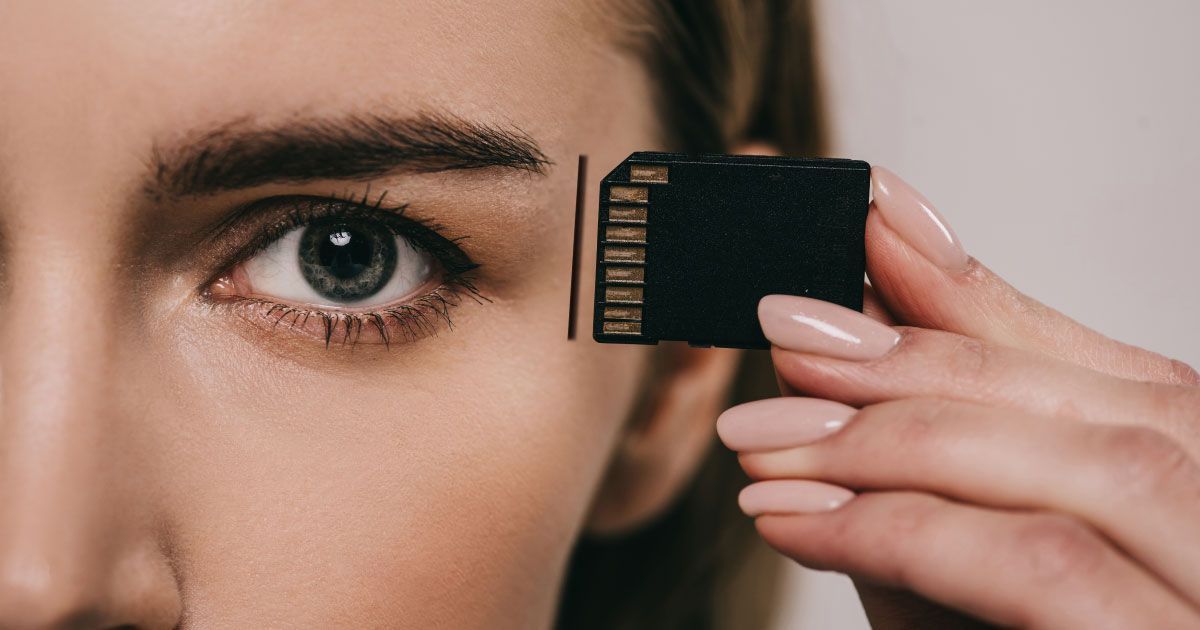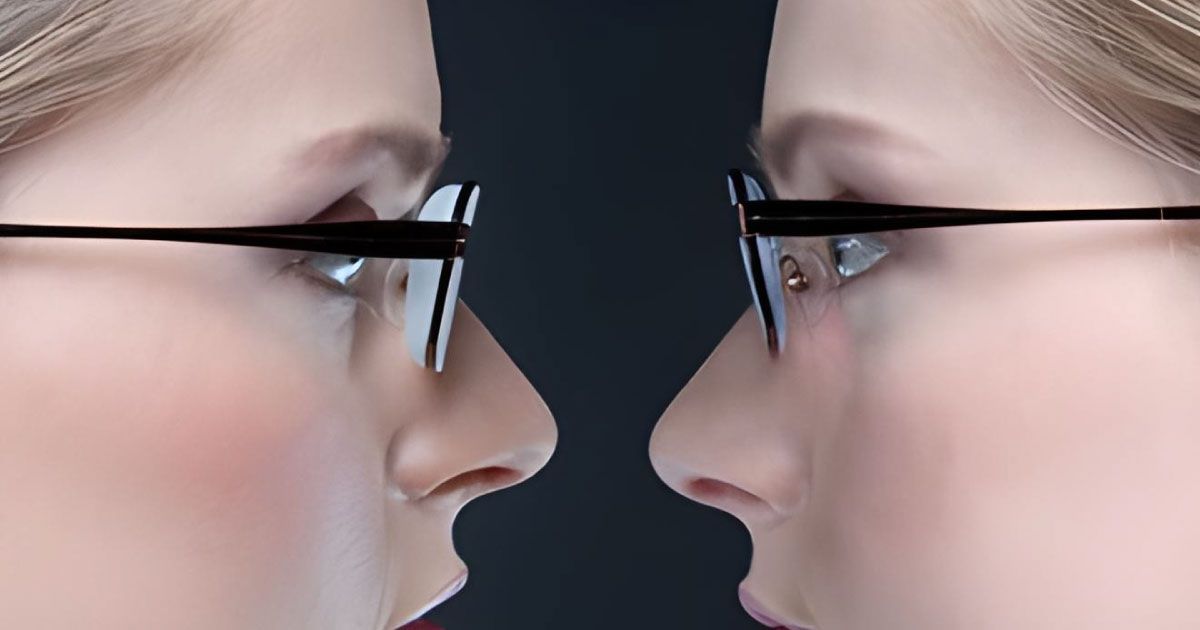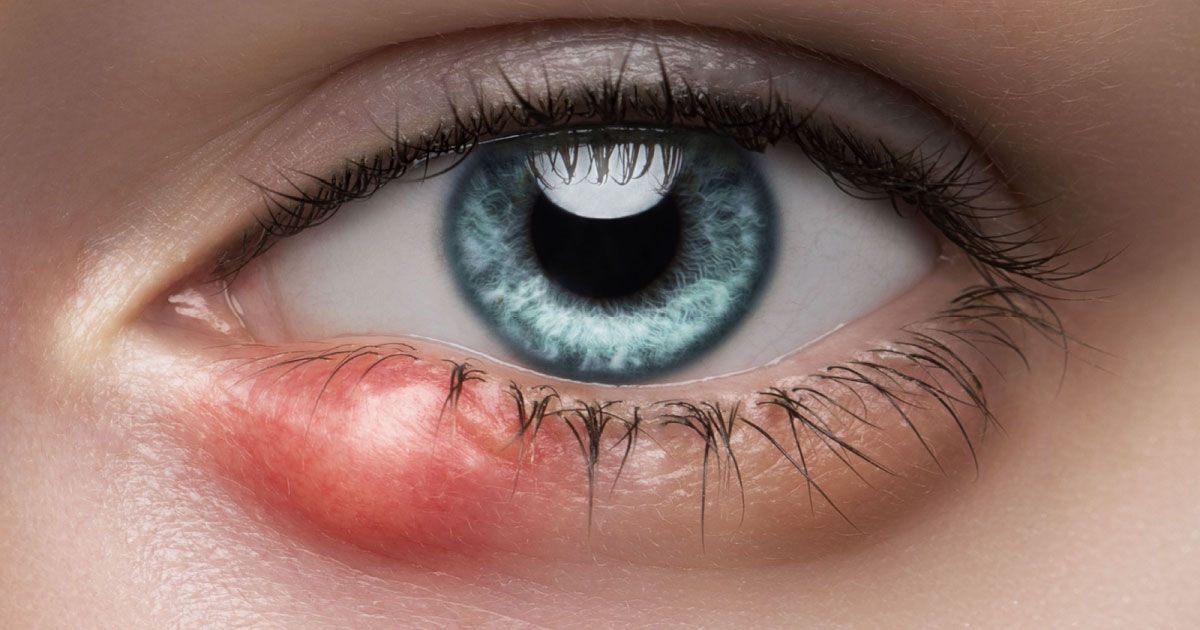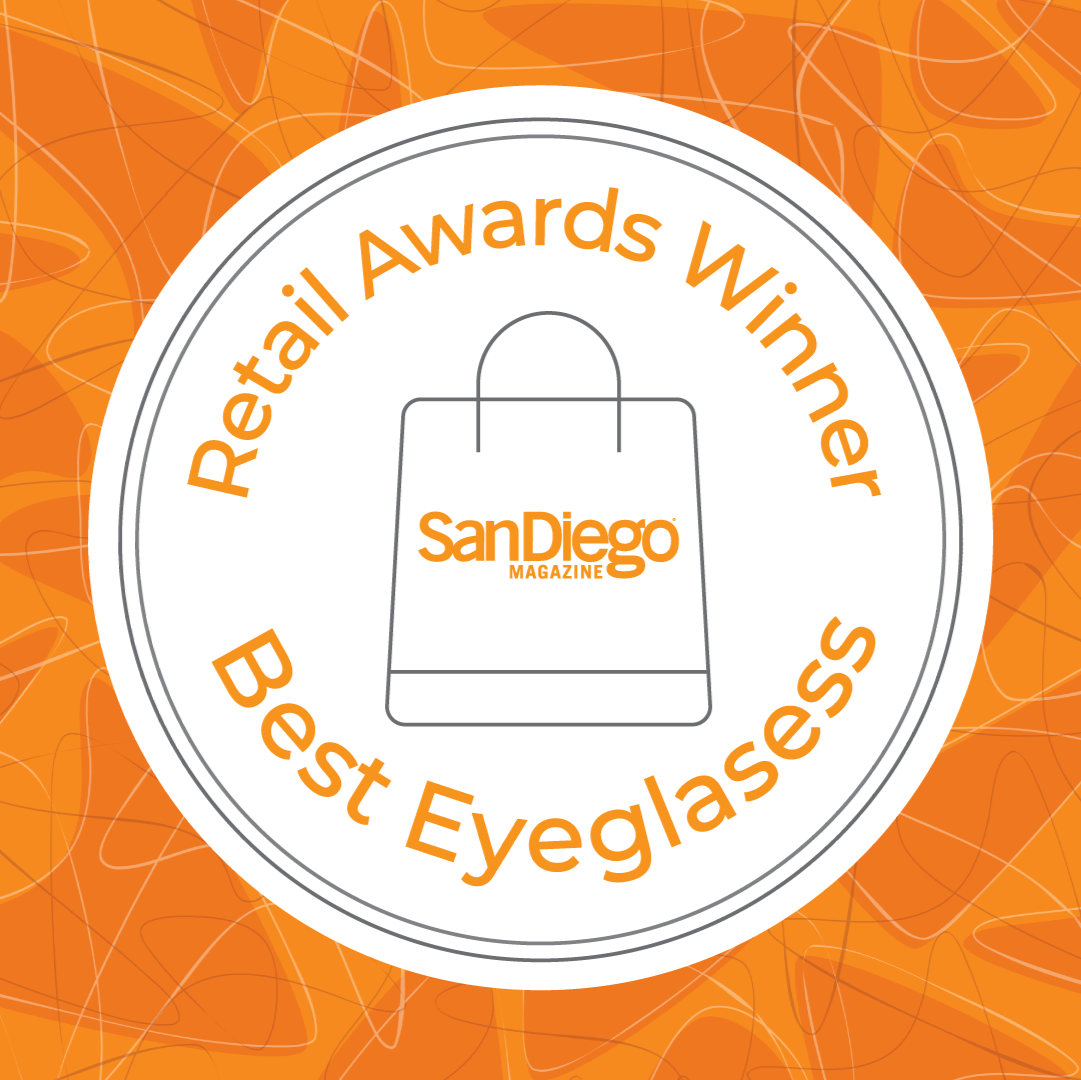The Inseparable Link Between Eye Health and Overall Wellness

Read time: 7 minutes
Have you ever thought about the connection between eye health and overall wellness. We often prioritize various aspects of our well-being but may not fully grasp the intricate relationship between our eyes and our general health. Let’s take a look into the importance of maintaining optimal eye health and its far-reaching effects on our overall well-being.
Understanding Visual Perception and the Brain
Our eyes are not mere cameras capturing images; they are sophisticated organs that work in tandem with the brain to interpret visual stimuli. The process of visual perception begins with the cornea and lens focusing light onto the retina, where photoreceptor cells convert light into electrical signals. These signals are then transmitted to the brain via the optic nerve, where complex neural networks process the information, allowing us to perceive shapes, colors, and depths.
Understanding the complexities of vision enhances our appreciation for the incredible interplay between our eyes and the world, reinforcing their status as the gateway to our perceptual universe.
- Accommodation and Focus: One remarkable feature of our eyes is the ability to accommodate, adjusting focus to see objects at varying distances. The lens inside the eye changes its shape to refract light, ensuring clear vision. This dynamic process is crucial for daily tasks, such as reading a book up close or appreciating the details of a distant landscape. The seamless coordination of the eye's components highlights the precision of our visual system.
- Binocular Vision and Depth Perception: The presence of two eyes provides us with binocular vision, a remarkable adaptation that enhances depth perception. Each eye captures a slightly different image, and the brain combines these two perspectives to create a three-dimensional view of the world. This intricate coordination enables us to judge distances accurately, a skill essential for activities like driving and navigating through our surroundings.
- The Role of Rods and Cones in Low Light and Color Vision: The retina contains specialized cells known as rods and cones, each contributing to specific aspects of vision. Rods excel in low-light conditions, allowing us to see in dim environments, while cones are responsible for color vision. The diverse functions of these photoreceptor cells showcase the adaptability of our eyes, enabling us to perceive the world with remarkable clarity under various lighting conditions.
- Blinking and Ocular Protection: Blinking, an involuntary action, serves as more than just a reflex to keep our eyes moist. It plays a crucial role in ocular protection. Each blink spreads a thin layer of tears across the surface of the eyes, providing essential lubrication and preventing dryness. Additionally, blinking helps clear away dust and debris, contributing to the overall health and well-being of our eyes.
Eye Health and Chronic Diseases - Expanding the Horizon
In the realm of eye health and chronic diseases, a wealth of scientific evidence highlights the intricate relationship between the eyes and prevalent health conditions. Conditions such as diabetes and hypertension can manifest in the eyes, making routine eye examinations essential for early detection and management. These ocular manifestations can serve as early indicators of underlying systemic health issues, prompting timely intervention to help with early detection and management.
- Diabetes and the Ocular Landscape: The link between diabetes and eye health is profound, with a specific focus on a well-documented condition known as diabetic retinopathy. This ocular complication arises due to elevated blood sugar levels, instigating damage to the delicate blood vessels in the retina. As these vessels deteriorate, they can leak or bleed, potentially leading to vision impairment. Diabetic retinopathy serves as an example of how systemic health issues can manifest in the eyes, emphasizing the eyes' role as windows into overall well-being.
- Beyond the Retina: Hypertension and Ocular Manifestations: While diabetes is a prominent player in the interplay between eye health and systemic conditions, hypertension also takes center stage. Elevated blood pressure can manifest in various ways within the eyes, underscoring the importance of regular eye examinations. Conditions such as hypertensive retinopathy may develop, characterized by changes in the blood vessels of the retina. Routine eye check-ups become critical as they can unveil these subtle yet significant signs, acting as crucial indicators of the broader cardiovascular health of an individual.
- Early Indicators of Systemic Health Issues: Routine eye examinations are not merely about assessing visual acuity; they serve as frontline defenders in identifying early indicators of systemic health issues. Beyond diabetic retinopathy and hypertensive retinopathy, your Urban Optiks Optometry eyecare professionals can uncover signs of other systemic conditions such as autoimmune disorders, thyroid abnormalities, and certain cancers. The eyes, in this context, become diagnostic hubs, providing glimpses into the an individual's overall health.
Detecting early signs of chronic diseases in the eyes empowers healthcare professionals to initiate appropriate measures, collaborating with specialists to manage and mitigate the broader health implications. This proactive approach not only preserves vision but also contributes to the comprehensive care of the individual, addressing underlying health concerns before they escalate.
Digital Eye Strain in Today’s World
As we immerse ourselves in the digital age, an increasing number of people are experiencing digital eye strain, also known as computer vision syndrome. Prolonged exposure to screens, whether from computers, smartphones, or other devices, can lead to discomfort, fatigue, and vision-related problems. The American Optometric Association recommends the 20-20-20 rule: take a 20-second break to view something 20 feet away every 20 minutes of screen time. Implementing such practices is crucial in mitigating the adverse effects of digital eye strain and fostering long-term eye health.
The Role of Nutrition in Eye Health
A well-balanced diet is not only beneficial for maintaining a healthy weight and preventing chronic diseases but also plays a significant role in supporting eye health. Nutrients such as vitamins C and E, zinc, and omega-3 fatty acids contribute to the prevention of age-related macular degeneration (AMD) and other eye conditions. Foods rich in these nutrients include leafy greens, fish, nuts, and citrus fruits. By making informed dietary choices, individuals can nourish their eyes and promote long-term visual well-being.
The Impact of Sleep on Eye Health
Quality sleep is paramount for overall health, and its benefits extend to eye health as well. Lack of sufficient sleep can contribute to dry eyes, eye spasms, and other ocular issues. The National Sleep Foundation recommends adults aim for 7-9 hours of sleep per night. During sleep, the eyes undergo self-repair processes, replenishing tears and reducing eye fatigue. Understanding the importance of adequate sleep and adopting healthy sleep hygiene practices can positively influence both eye health and overall wellness.
- The Nocturnal Rejuvenation of Tears: During the restorative hours of sleep, our eyes undergo a process of rejuvenation. This includes the replenishment of tears, a vital component for maintaining ocular lubrication and comfort. Adequate sleep ensures that the tear film covering the surface of the eyes remains stable, preventing conditions such as dry eye syndrome. Disruptions in sleep patterns, on the other hand, can compromise tear production, leading to discomfort and potential long-term ocular complications.
- Unmasking the Connection Between Sleep Disorders and Ocular Issues: Various sleep disorders, such as sleep apnea and insomnia, can cast a shadow over eye health. Conditions like sleep apnea, characterized by intermittent pauses in breathing during sleep, have been associated with an increased risk of glaucoma, a group of eye diseases that can damage the optic nerve. Understanding the intricate link between sleep disturbances and ocular health emphasizes the importance of addressing sleep issues for comprehensive well-being.
- Circadian Rhythms and Melatonin: The eyes play a crucial role in regulating our circadian rhythms, the internal body clock that dictates sleep-wake cycles. Exposure to natural light during the day and darkness at night helps maintain a healthy circadian rhythm. Melatonin, a hormone produced by the pineal gland in response to darkness, plays a pivotal role in sleep regulation. Disruptions in circadian rhythms, often exacerbated by excessive screen time before bedtime, can disturb melatonin production, affecting both the quality and quantity of sleep.
- Nighttime Ocular Pressure: The nocturnal hours unveil a fascinating aspect of ocular health related to intraocular pressure (IOP). Research suggests that IOP undergoes natural fluctuations during the sleep-wake cycle. Understanding these fluctuations is crucial, particularly for individuals at risk of conditions like glaucoma, where elevated IOP can contribute to optic nerve damage. As such, the dynamics of IOP during sleep add another layer to the intersection of sleep and eye health.
- Adopting Healthy Sleep Hygiene Practices for Ocular Wellness: Establishing a consistent sleep routine, creating a conducive sleep environment, and minimizing exposure to screens before bedtime are essential steps in promoting both restful sleep and ocular well-being. These practices contribute not only to preventing immediate discomfort but also to long-term eye health.
The Takeaway
The connection between eye health and overall wellness is undeniable and multifaceted. By prioritizing regular eye examinations, adopting healthy lifestyle habits, and staying informed about the factors influencing eye health, you can take proactive steps toward maintaining their well-being.
The information provided in this article is intended for general knowledge and educational purposes only and should not be construed as medical advice. It is strongly recommended to consult with an eye care professional for personalized recommendations and guidance regarding your individual needs and eye health concerns.
All of Urban Optiks Optometry's blog posts and articles contain information carefully curated from openly sourced materials available in the public domain. We strive to ensure the accuracy and relevance of the information provided. For a comprehensive understanding of our practices and to read our full disclosure statement, please click here.
OUR LATEST POSTS
© Urban Optiks Optometry, Inc. 2009-2025
All Rights Reserved
Location
The Cairo Building
3788 Park Blvd, Suite 5
San Diego, CA 92103
Phone: 619.683.2020
Text: 619.683.2020
Fax: 619.683.2111
Email: info@uoosd.com
Hours
Monday: 9 am – 7 pm
Tuesday: 9 am – 6 pm
Wednesday: 9 am – 6 pm
Thursday: 9 am – 7 pm
Friday: 9 am – 6 pm
Saturday: 9 am – 5 pm
Sunday: Closed





